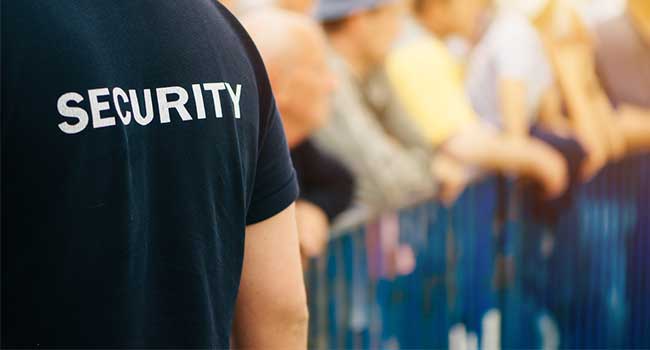
New Training, Background Checks for Denver Security Guards
The city of Denver has revamped its licensing procedures for security guards.
- By Sydny Shepard
- Oct 08, 2018
The city of Denver is looking into ways to ensure their security guards are properly training and chosen. The city has developed new licensing procedures that will have additional training requirements and strengthened background checks.
"We are always looking at our licenses to determine which need updates and which can be repealed and how we can be more effective and efficient for Denver," said Ashley Kilroy, Executive Director of Denver Excise and Licenses.
Notable changes and new requirements for security guards and private employers include, an FBI background check that covers criminal violations on a national level instead of a Colorado Bureau of Investigation background check (which doesn't always flag crimes committed outside Colorado), security guards will be required to complete at least 16 hours of training before being licensed, and 8 hours of training upon renewal, clearer standards for uniforms, license applications now being accepted online and security guard licenses are no longer required in many circumstances for ticket takers and ushers at events when they have no security role.
In-house security companies will no longer be exempt from licensing. Any employer of security guards will be required to have a private security employer license. This includes bars and clubs that hire their own security.
There are over 7,000 licensed security guards in Denver. Existing security guards do not have to apply for the new license until their old one expires.
"We hope Denver citizens will continue to notice that our security guards are professional and trained," Kilroy said.
About the Author
Sydny Shepard is the Executive Editor of Campus Security & Life Safety.